Richard Holmes, Director of Wellbeing for Westfield Health
Richard Holmes, joined Westfield Health as Director of Wellbeing in July 2017. From starting his career as a Physical Education teacher and lecturer to coaching across various sectors, Richard believes in empowering individuals and businesses with a better understanding of health and wellbeing to improve quality of life.
Amanda Courtney, Aramark’s senior dietitian, spoke to Richard on ways to keep us motivated to move ahead of our Move For 30 launch this February.
Check out the recording of their live podcast below.
Check out the work out videos provided by Westfield Health at the bottom of the page.
Amanda: Richard can you tell me a bit about yourself and background?
Richard: I have been a wellbeing specialist for over 30 years. I started as a PE Teacher and then retrained completing a Masters in Medical Sciences. I am now the Director of Wellbeing for a major European brand, Westfield Health.
Amanda: Can you tell us about Westfield Health and your role as Director of Wellbeing?
Richard: Westfield Health is a health and wellbeing company, that provides solutions for employers to support their people, delivering evidence-based health and wellbeing solutions that support people, communities and workplaces to be healthier. My Role is two fold as Managing Director of UK Health & Wellbeing Business, and also, Director of Wellbeing, designing & developing solutions; content governance; speaking at events such as this; employer forums and media work.
Amanda: How do you stay motivated to keep active during the year?
Richard: Like everyone else this is my biggest challenge and I don’t always succeed! First thing is to recognise when things have gone awry and get back on track as a priority.
If there’s been a gap, don’t start again at the level you finished (my common mistake); start at a lower level and build back up. The top things I do which might be helpful:
o I don’t do one thing all the time
o I don’t always do the same thing each week – I will keep the times at which I exercise during the week relatively constant; but in those sessions I do what I fancy doing
o I like to change activities during the year – seasonal exercise
o I may give myself a challenge at some point in the year (e.g. a 5k or 10k run and then spend 8-12 weeks before focused on preparing for that challenge
o I embrace ‘bad weather exercise’
Amanda: As a dietitian I understand the importance of a good diet on performance, what are your tips regarding pre and post workout snacks and meals?
Richard: Fuelling for exercise and recovery is something we’ve taken from elite and high level performers. They use this as a ‘top up’ to their diet, which tends to be very nutritious and healthy. I would suggest what is most important to the vast majority of us, on a day to day basis, is making sure we establish a healthy, balanced diet and understand the importance of hydration and recovery.
Amanda: This month we are launching our Move for 30 Step Challenge: aiming to walk the circumference of the earth. Do you have any advice for those who are taking on this challenge?
Richard: Plan what you are going to do and when; make sure what you want to do fits with what you’re able to do – just think what, when and how. This sounds really sad but book time out for you in your diary until you’ve regularly adopted ‘step time’ into your daily and weekly routine. Mix things up, I would recommend doing different activities to get your steps in order to keep things as fresh and enjoyable as possible. It’s not just about building ‘step time’ into your schedule; think about how you can build steps into your daily routine.
Remember, throughout the day every little helps; it’s like marginal gains in sports. Every set of 10 steps you take during the day to make daily activities more active, really add up to something big. 10 steps every 30 minutes over 10 hours equals 20% of your 10,000 steps a day!
Amanda: Richard, thank you again for your time today, it was great speaking with you. I hope that you'll be joining and sharing your steps as part of our February challenge. For those looking to participate in February’s step challenge, please upload steps daily or weekly here.



